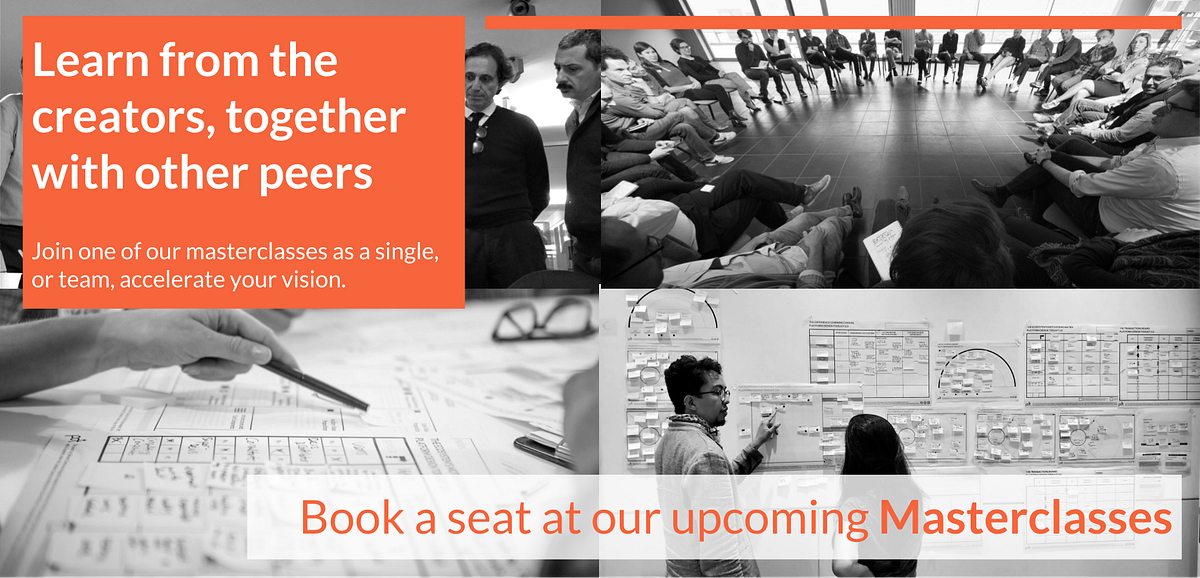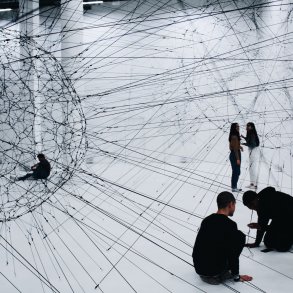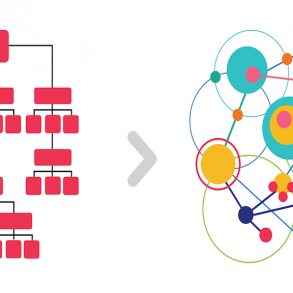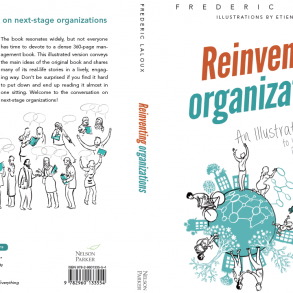By Simone Cicero and originally published at platformdesigntoolkit.com
In case you lost it a few days ago, I’ve been interviewed by Stowe Boyd on his publication and newsletter Work Futures.
Stowe is a futurist, researcher, and writer, Work Futures is an exploration of critical themes of the ecology of work, and the anthropology of the future.
I’ve had the chance to exchange ideas with Stowe when in Quindao recently — when I spoke at Haier annual meeting, Stowe was also there — and those exchanges reinforced in me the idea that the platform-organization opportunity is definitely more than a business model innovation opportunity.
Transforming an Organization into a platform-powered Ecosystem is a deep journey that impacts the relationship between the organization and its employees, between humans and work, and I think this human aspect is actually the core of the transformation. This is a central theme of the interview that Stowe and I exchanged and that you can read here.
I strongly believe that the pivotal challenge, when truly embracing platform-ecosystem thinking as a way to develop organizations, is reconciling systemic thinking with accountable leadership and self-awareness. I’m a big fan of Kapil Gupta’s work, he helped me a lot to understand that the individual (and therefore the entrepreneur) is the core engine of value creation, especially when we consider work as what it should be, i.e. art and craft.
There’s a huge issue, when you grow an organization around talented individuals, that the rules, the interdependecies, the expectations that this organization will project on them, will — at the end of the day — constrain their craft, and end up negatively impacting on their capability to pursue a true path of enlightenment (listen to Kapil Gupta talking about the true cost of socialization).
On the other hand, I think we need to acknowledge the role of mutuality and interdependence as something that exists inherently: we’re not separated, at all. Our self is a mere illusion. Therefore as Nora Bateson explains agency is an attribute of a system, and not of a “leader”.
How can we design then, organizations that are collectively conscious? How can these systems perform in a… “collective flux”? Maybe we need to look back at Mihály Csíkszentmihályi flow theory and discover how we can put our teams, organizations and whole systems in the flow.
Then our role will be more clear, it will be that of softly architecting, and gently gardening our ecosystemic organizations.
“embracing ecosystem-organizations deals more with preparing, nurturing and respecting the “soil” than actually gardening the plants. A bit like with biodynamic agriculture the idea is to let different plants to grow, and even if you go and eradicate the ones that you don’t like, letting them stay there and fertilize the soil.[…] it’s about gardening, but it’s not about the perfect, 17th century’s Italian gardens, made of symmetry and perfection, it’s about the abundance of biodynamic gardens.”
extracted from “Simone Cicero on Ecosystemic Organizations, The difficulties in expressing the nature of ecosystems in the work context.” — read here.
Don’t forget to register to Stowe’s newsletter here.
You can read my previous full coverage on the path of Haier in building Ecosystemic organizations here.
Learning platform design is essential in XXIst century: do that with the ones that created, and evolve the most advanced and accessible toolkit for this mission. A participant once said the masterclass: “changed the perception of what is possible”.
…or at one of our upcoming Masterclasses, check availability on our website or reach out directly for special deals, large groups, and remote training.
Republished under Creative Commons.
Featured Image from the original.





